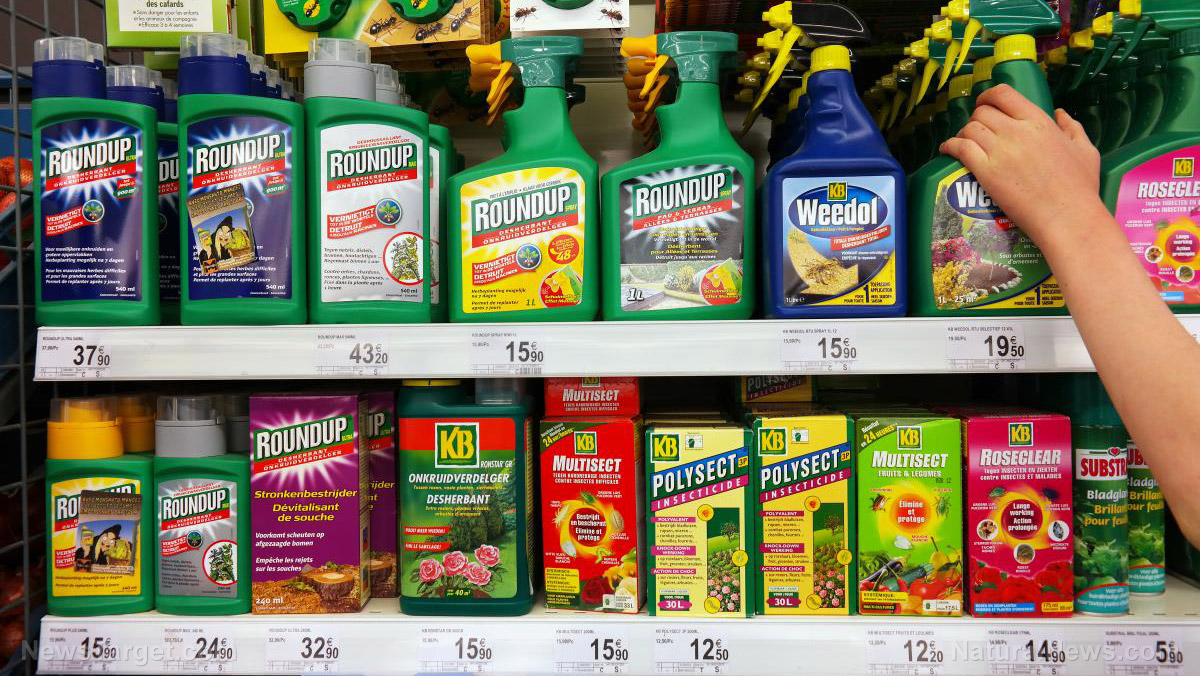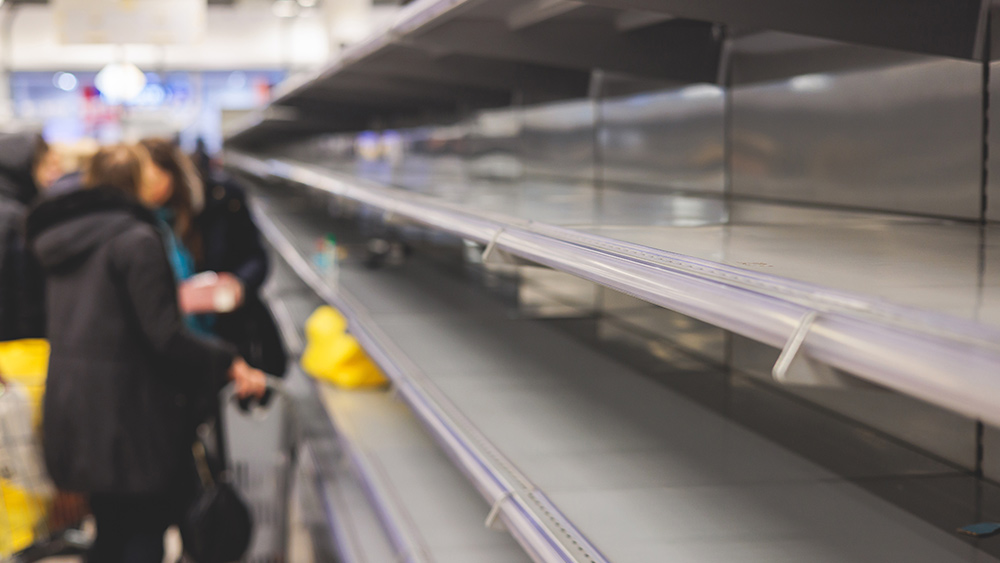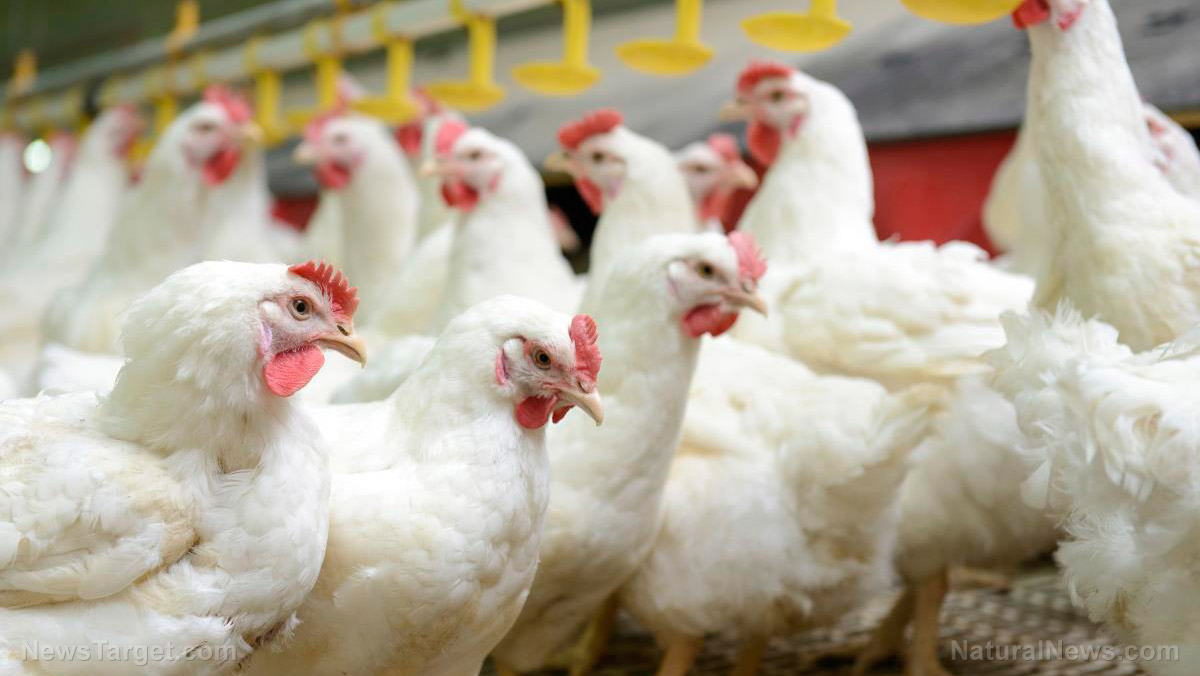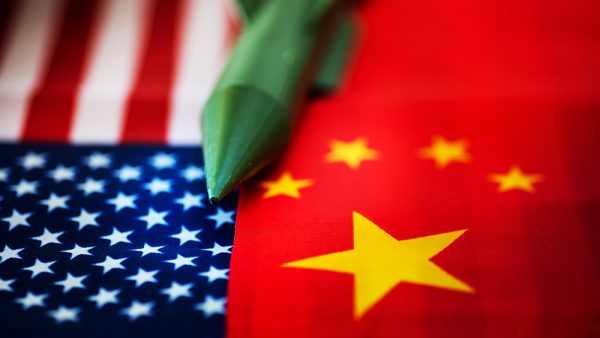 Parler
Parler Gab
Gab
Demand for aluminum rises as global production dips
Visible global inventories stood at just 1.4 million tons by the end of 2022, according to Snowdon and Rai. This is a 900,000-ton decrease from a year ago and the lowest visible global levels have been since 2002. Furthermore, Europe's production has shrunk by 1.4 million tons due to manufacturing cuts. This does not include the one million tons of Russian aluminum diverted to Asia due to Western sanctions on Russian metals. "Europe is a deficit market and is pushing itself in a corner – when demand returns, there will be big trouble," said one market source that spoke with S&P Global. These supply issues, made worse by forecasts suggesting that global aluminum demand is expected to increase by almost 40 percent by 2030, do not paint a good sign for prices and global supply. Demand is expected to increase for multiple sectors, including transportation, construction, logistics and the electrical industry. Aluminum prices in Europe reached record highs in early 2022 following the beginning of Russia's special military operation in Ukraine. It has since slumped as Europe's energy crisis and the slowing global economy led many smelters in the continent to significantly curb production or outright shut down certain factories. This has led to steep consequences now being felt by the global aluminum market that is unlikely to be resolved soon – not until production ramps up again to pre-invasion levels. There are some signs that some shuttered aluminum production in Europe may start up again. Aluminium Dunkerque, a French aluminum manufacturer and operator of one of Europe's largest smelters, announced on Jan. 11 that it has started relaunching production capacity that it was forced to idle last year when the company was hit by soaring energy costs. As a company spokesperson noted, Aluminium Dunkerque closed down around a fifth of its production capacity. But getting back up to full capacity will take time. Watch this episode of the "Health Ranger Report" as Mike Adams, the Health Ranger, discusses the massive global shutdown in metals smelting operations. This video is from the Health Ranger Report channel on Brighteon.com.More related stories:
Sweden finds Europe's largest deposit of rare earth elements … but it will take over a decade to start mining them. Biden preparing to tank US manufacturing with ban on importation of all Russian aluminum. LITHIUM mining for electric vehicles is incredibly destructive to the environment and about as far from "green" as you can imagine. American imports of Russian ferrous metals dropped to near-zero in July. FORCE MAJEURE: Massive global shutdowns are now under way for METALS SMELTING operations covering iron, copper, nickel, aluminum, zinc and STEEL. Sources include: Mining.com SPGlobal.com Reuters.com Brighteon.comBy Lance D Johnson // Share
Michigan trucking company auctions equipment after ending 51 years of business operations
By Ramon Tomey // Share
Think tank: America’s defense industry is not prepared for a war with China over Taiwan
By Arsenio Toledo // Share
Michael Pento: China’s 3% economic growth in 2022 is QUESTIONABLE
By Kevin Hughes // Share
Governments continue to obscure COVID-19 vaccine data amid rising concerns over excess deaths
By patricklewis // Share
Tech giant Microsoft backs EXTINCTION with its support of carbon capture programs
By ramontomeydw // Share
Germany to resume arms exports to Israel despite repeated ceasefire violations
By isabelle // Share










